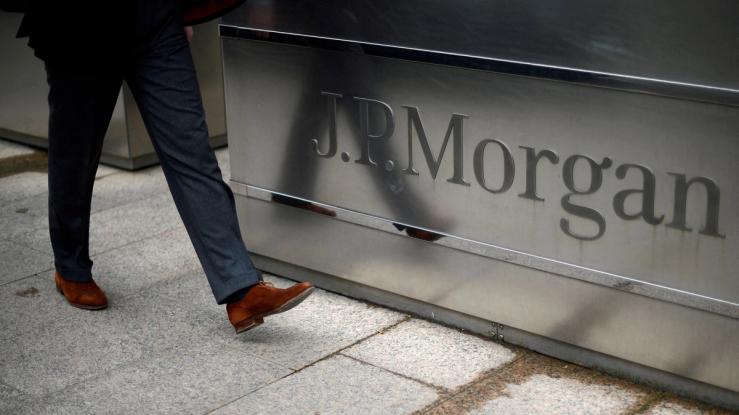The Scoop
When bankers at JPMorgan kicked off the sales process for Carrier’s fire-prevention business earlier this summer, buyers were welcome to poke around the company’s finances. Their lenders were not.
Private-equity bidders weren’t allowed to share Carrier’s data with the private credit shops that have increasingly become the go-to source for buyout cash, which had long been the purview of banks. Instead, JPMorgan pushed a financing offer from its own loan fund, according to participants in the transaction. Goldman Sachs has similarly boxed out outside lenders in its current auction of Honeywell’s medical-gear unit.
At stake is supremacy in a $1 trillion lending market. Private credit funds have raised huge piles of cash to horn in on banks’ territory, and banks are starting to contest every yard. The competition is getting fiercer as buyout activity declines and traditional bank loans get cheaper than private credit offerings.
People on both sides of those and other deals confirm that banks have gotten stingier about letting private lenders under the tent, though they dispute exactly why. Bankers say it’s to keep details of the bids confidential by ensuring that a single private credit firm can’t back multiple potential buyers, at least not in an auction’s early rounds. Private credit firms like Blackstone, Ares, and Blue Owl see self-interest: Fees for financing a buyout can dwarf the fees for advising on it.
Liz’s view
Whatever the reason, and both seem plausible, it’s the latest sign of friction in the evolving world of corporate debt. Private lenders now dominate buyout financing because they can make riskier loans than highly regulated banks.
Banks have responded by creating their own competing loan funds, mostly by raising money from outside investors rather than using their customers’ deposits. Even as they take shots at the industry, they can’t ignore its profitability.
JPMorgan raised as much as $3 billion earlier this year for the strategy, Bloomberg reported. Wells Fargo gathered $2 billion last year from Middle Eastern and Canadian pension funds. (Goldman, with its Wall Street roots, has been in this game for years, but is now on a mission to double its private credit assets to $300 billion.)
In the 2000s, investment banks running M&A auctions commonly pushed their own loan packages to potential buyers. It was called “stapled financing,” for its attachment — once physical, later metaphorical — to the packet of deal information sent to bidders. That went out of fashion for public-company takeovers a decade ago after Delaware courts called foul, but has hung around in the marketplace of private-equity sales. And because bankers control who has access to company data, they can act as gatekeepers.
Ultimately, buyers will get their debt where they want to. But you can’t blame banks for trying.


